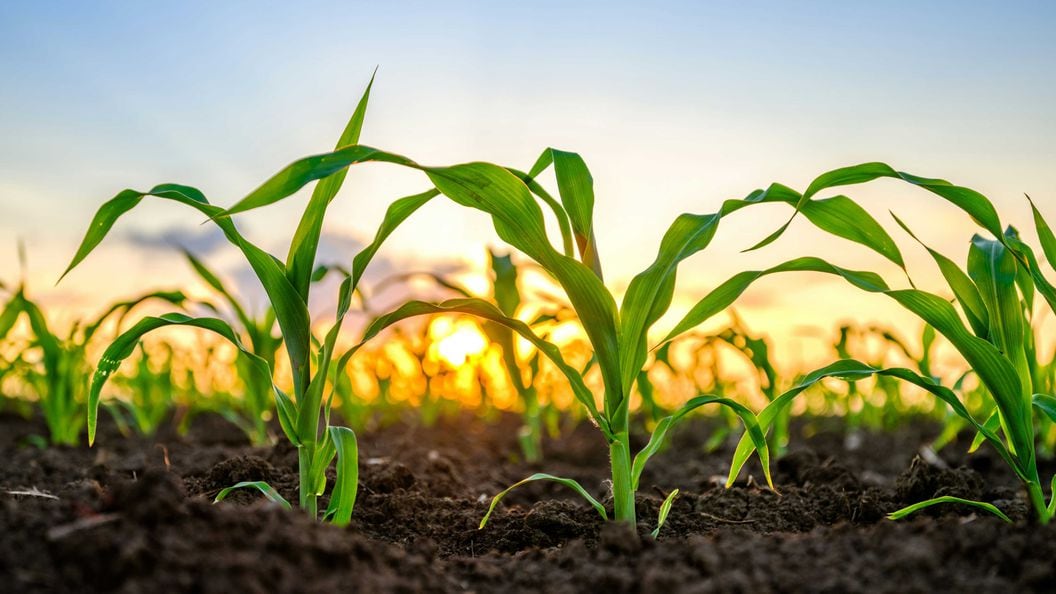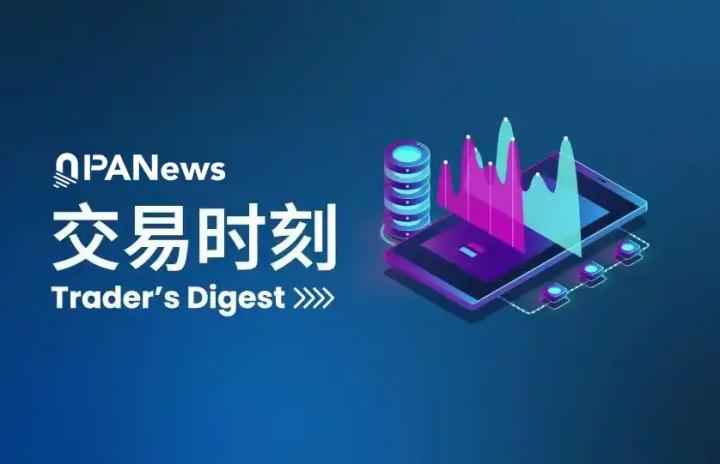
- Tether spent $100 million to acquire a nearly 10% stake in New York Stock Exchange-listed agricultural group Adecoagro SA, according to regulatory filings.
- Agrotoken CEO Novillo Astrada said Agrotoken and Adecoagro have jointly developed three stablecoins, SOYA, CORA and WHEA, which allow producers to have their own currency represented by grain.
- Tether CEO Paolo Ardoino previously said Tether is also developing a tokenization platform that is expected to be launched later this year.
Tether, the issuer of the $118 billion USDT stablecoin, and its recent investment in a Latin American agricultural giant may not have much in common at first glance, but the two companies share ambitions in tokenizing real-world assets. According to an August filing with the U.S. Securities and Exchange Commission, the stablecoin giant invested $100 million to acquire a 9.8% stake in Luxembourg-based, New York Stock Exchange-listed agricultural group Adecoagro SA (AGRO).
Adecoagro owns 213,500 hectares of farmland and industrial facilities in Argentina, Brazil and Uruguay, with operations in crops, rice, dairy and sugar cane, and produces 2.8 million tons of agricultural products and more than 1 million megawatt-hours of renewable energy, according to its website.
Adecoagro also holds a minority stake in Agrotoken, an Argentinian company focused on tokenizing agricultural products. The company invested in the startup in 2021, which "seeks to transform grain into digital assets to store or exchange supplies, services and other assets," according to Adecoagro's annual comprehensive report. Adecoagro is the founder of Agrotoken and owns 10% of the startup, Agrotoken CEO and co-founder Eduardo Novillo Astrada said in a video posted on LinkedIn.
“Mariano Bosch, CEO of Adecoagro, has always been supportive of us,”
Novillo Astrada wrote.
“He had the vision to understand that what he wanted to do was tokenize land, which is what we are working on with Adecoagro and other key agricultural partners.”
Agrotoken claims to have conducted tokenized transactions worth $70 million with more than 250 merchants and more than 40 grain holders, in addition to interacting with more than 1,000 farmers and tokenizing 230,000 tons of grain. Novillo Astrada said that Agrotoken has developed three stablecoins in cooperation with Bosch, namely SOYA, CORA and WHEA, which allow producers to have their own currency represented by grain.
“This clearly demonstrates the connection between blockchain technology and agribusiness.”
Agrotoken, which has partnered with Santander among others, will launch loans backed by tokenized commodities in Argentina in 2022 in partnership with the Spanish banking giant. Tether representatives did not immediately respond to CoinDesk’s request for comment.
Tether’s Tokenized RWA Plan
Tether’s ambitions to move into tokenized assets are well known, as the company aims to diversify away from its lucrative stablecoin business. The company reported net profits of $5.2 billion in the first half of 2024.
The company issues the gold-backed stablecoin XAUT, the largest tokenized gold issuance with a market cap of $615 million. CEO Paolo Ardoino outlined plans in April to launch a tokenization platform that would facilitate the creation of digital versions of a range of assets, including bonds, stocks, funds, and loyalty rewards points. The company also launched a token minting platform called Alloy in June and a “synthetic” dollar token that users can create by posting XAUT as collateral. Ardoino said at the time,
The platform “allows users to create collateralized synthetic digital assets and will be part of Tether’s digital asset tokenization platform, which will launch later this year.”
Tether has also invested in a range of businesses over the past year, including a sustainable bitcoin mining operation in Uruguay, a payment processor in Georgia and cloud computing company Northern Data.







